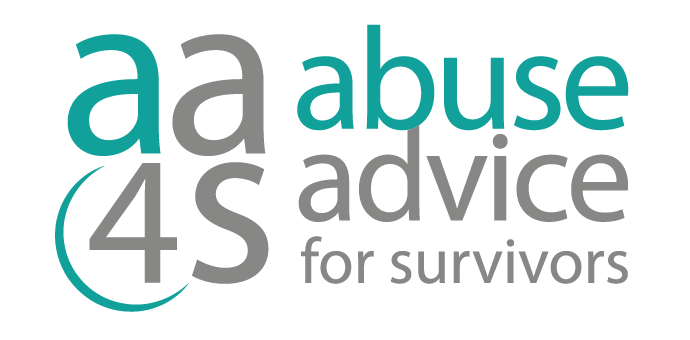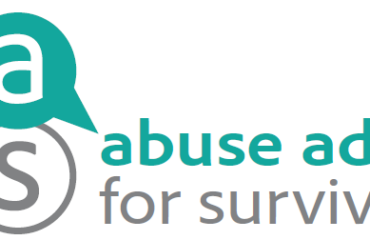
According to BBC Online
The parents of a teenager who died in hospital two years ago are calling for patients to be given the right to an urgent second opinion, if they feel their concerns are not being taken seriously by medical staff.
Martha Mills, who would have been 16 on Monday, died after failures in treating her sepsis at King’s College Hospital.
An inquest said she could have survived had her care been better.
BBC News
Are Lawyers and Doctors the same?
I was listening to the Today programme during my daily walk up Teggs Nose in Macclesfield when I mused upon the similarities between the NHS, and state funded Legal Aid, which thankfully supports abuse cases where a case is deserving.
Martha’s son did not get the care she was entitled to over a weekend, and as a result he died of sepsis. Thankfully, should a lawyer make a decision with which a client does not agree, no one dies. The amount of anguish, however, that a victim feels, when they find out that their quest for justice, and truth, has come to an end, owing to, often, the nuances and technical issues thrown up by both the law, and the Defendants in our cases, is not dissimilar.
What does a client of abuse feel when a case goes wrong?
In the same way as medicine creates differences of opinion between surgeons, so the law produces division as to the right or wrong answer between lawyers. Clients always want certainty. “Am I going to win my case?” It would be so much easier if we could answer that question with a “Yes” or “No”. Sadly the answer is often not so simple. I often reply, “If you ask 10 lawyers the same legal question, you will probably get 10 different answers.” Lawyers make money out of that disagreement, and the shades of grey thrown up by debate.
Unlike doctors who welcome 2nd opinions on treatment from another expert, particularly in new areas of science, lawyers sometimes get touchy if their legal advice is questioned, particularly if they are telling a client that in their view, a case is not going to succeed. No one likes to lose, particularly lawyers, and if they are being blamed for giving bad advice, then an argument can ensue, leading to, sometimes, a complaint, and antipathy. The reality is that the prospects of a case can change from beginning to middle, to end, particularly if new evidence appears.
A Feeling of Betrayal
Abuse clients have been robbed of trust in childhood by their abuser, who is often someone with whom they have developed a close relationship of affection. When they realise that their abuser’s supposed affection is actually a thirst for sexual relief, and that the relationship is over, they feel betrayed, and used. Thereafter, in adulthood, they develope a feeling of mistrust in authority, which often leads to arguments with partners, employers, the police, and eventually lawyers.
So when we tell them that we do not believe that their case can go any further, they often feel let down, and hurt that their desire for truth and justice can go no further. They sometimes come to the conclusion that we are in league with their abuser, his employer, or the local authority that is responsible for ruining their childhood. Whilst this is understandable, in view of their childhood experiences, it can often result in a heated argument.
Experience of Abuse in Childhood plays a role
One has to understand that at play here is the anger that abuse in childhood often produces. It erupts when someone in a position of authority intervenes and takes control of the victim/survivor’s feelings. The red mist appears, and anger takes over. So we often have to deal with someone out of control, who is challenging their abuser/lawyer. It is often hard to keep calm, because we are being falsely accused.
The next question is “I want a second opinion, because I think you are wrong.” Here is the rub: Who is going to pay for it? “You are on Legal Aid. If I think you don’t have a case, is another abuse lawyer going to come to a different conclusion? The process of transferring your case will take a long time, and will the Legal Aid Agency pay for another lawyer?” The answer to all these questions is often “No”. The client then becomes even more angry as he/she perceives that authority is once again conspiring against them.
Would it be so much easier for a lawyer to quickly get another opinion, so as to reassure the client that unfortunately, the case is not going to succeed? In reality, it is possible for another lawyer in the same firm to look at the case, but often it requires a lot of reading in to a case that has been going on for 2 or 3 years with a mountain of paperwork.
What difference does the Legal Aid Agency make?
When the Legal Aid agency find out that lawyer number 1 does not think it is going to succeed, they are likely to pull funding, rather than pay for another lawyer to read in, and give yet another adverse opinion. This is the product of Legal Aid being starved of money like so many other publicly funded bodies. Whereas doctors are salaried employees of the NHS, legal aid lawyers are funded by private firms and are paid by the hour albeit on a rate lower than your average drain clearing emergency operative.
Lawyers need a pay rise?
Whilst, in an ideal world, we would like to be as well funded as Defendant insurance companies, the reality is that the Legal Aid Agency is governed by the tight budgets of tax saving Tory governments, who have not raised our hourly rates since 1991. Whereas junior doctors are asking for 35% because their salary hasn’t risen for 8 years, our hourly rate should be increased by several hundred percent to increase it to modern day rates.
The reality is, however, that most people think that lawyers are far too wealthy as it is, and don’t deserve any pay rise, whereas doctors save lives, and deserve more sympathy. The government’s response to doctors going on strike is to wave the risk to health flag. When barristers do the same, the judges, or their profession sometimes get angry and complain that they are prejudicing the mechanics of justice.



